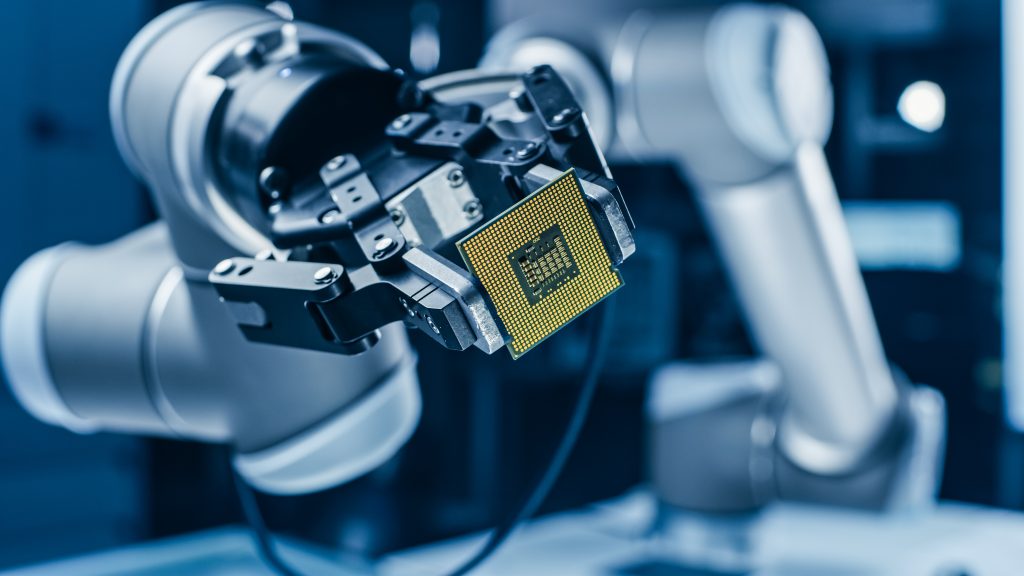
The UKIPO has recently published updated guidelines for the examination of patent applications that involve artificial intelligence (AI) inventions. These changes were driven by the UK Patent Court’s decision in Emotional Perception (discussed in our previous article).
The update signifies a notable shift in the UKIPO’s approach to AI inventions and confirms that the computer program exclusion should not apply to inventions involving ANNs. The guidelines advise that examiners should not reject inventions involving ANNs under the “computer program” exclusion. This follows the Court’s judgment that ANNs can be implemented either in hardware or software emulating hardware, and neither constitutes a mere computer program. Consequently, patent claims specifically addressing an ANN are not considered computer programs, thus avoiding the computer program exclusion and other exclusions like business methods or information presentation.
The UKIPO is, however, interpreting the Emotional Perception decision in a narrow way. According to the guidelines, for an invention to qualify the applicant must explicitly claim the ANN or include limitations related to training or using the ANN. If the claim only references generic machine learning models or training without specifying an ANN, the computer program exclusion might still be engaged. The guidelines also stress that the invention must still demonstrate a technical contribution to be patentable, while noting that this may be achieved simply by moving data outside a computer system, as was determined in Emotional Perception.
Despite the more relaxed stance on the computer program exclusion, other exclusions may still apply. ANNs without specific applications may be considered abstract mathematical models and fall under the mathematical method exclusion. Similarly, if an ANN’s function is purely a method of doing business, the business method exclusion will apply.
UKIPO examples of AI Inventions
The UKIPO’s guidance includes 18 “Scenarios” concerning AI-related inventions. Previously, scenarios related to Applied AI and ANNs were generally ineligible for patent protection. However, the new guidelines change this stance for scenarios 13, 14, and 15, while scenarios 7, 8, and 9 remain excluded.
Scenario 13 involves a process for optimising a neural network. Initially, the UKIPO viewed this as adapting one computer program to create another, seeing no technical problem that is solved. Following Emotional Perception this is now recognised as involving an ANN, thus not excluded from patentability.
Scenario 14 pertains to reducing unnecessary processing using a neural network. Previously, it was not considered a technical improvement to the computer itself, but the updated guidelines reverse this view.
Scenario 15 involves a method for training a neural network by determining confidence levels in data interpretation. Previously, it was seen as merely an efficient training method without enhancing the neural network’s operation. This interpretation has now been overturned, recognising the involvement of an ANN and thus allowing patentability.
Other Updates
The guideline changes also include updates based on recent decisions that confirm further instances where AI inventions make a technical contribution. In the decision BL O/296/21 (Imagination Technologies), a combination of a general-purpose computer and a deep neural network (DNN) accelerator was found to provide a technical contribution by improving image data processing efficiency. Similarly, in the decision BL O/0007/23 (Teledyne FLIR Commercial Systems), the use of a neural network trained with synthetic images to enhance object identification and classification in images was deemed to substantiate a technical effect.
These decisions reinforce the established UK case law and highlight examples where AI-related patents have been granted.
Looking ahead
This development reflects a significant shift in the UKIPO’s stance on AI patents.
While the UKIPO’s updated guidelines indicate a progressive approach to AI patenting, it is important to note that the UKIPO has appealed the Emotional Perception judgment. This means that the current stance might change if the appeal succeeds.


